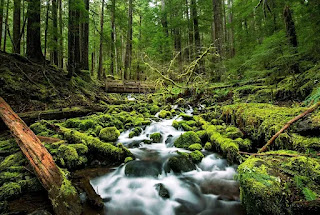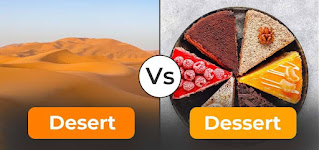Push, stretch limits - A phrase used to misuse | Learn advanced English vocabulary

All certain time periods are marked by the love for a particular word or phrase, such as rizz, swag, etc. Phrases with limits have also drawn so much love from people that they have begun to use limits as they wish. Basically the phrases with limits generally mean to go beyond the conventional restraints and find one's true potential. This blog will explore correct phrases with grammar for the said meaning. 1. push the limit/ stretch the limit push the boundaries (of) It can also be in the plural ( push/stretch the limits , not simply limits .) Recently, people have come up with their own equivalent version: push one's limits . Meaning: Either the doer, action, or result has a limit on what is possible. However, by pushing the limit even further, it refers to going beyond what is thought to be possible (to try to do a bit more than what's allowed, pushing oneself to his/her physical or mental limits) I don't think the deadline is sufficient. However, I am pushing the ...









